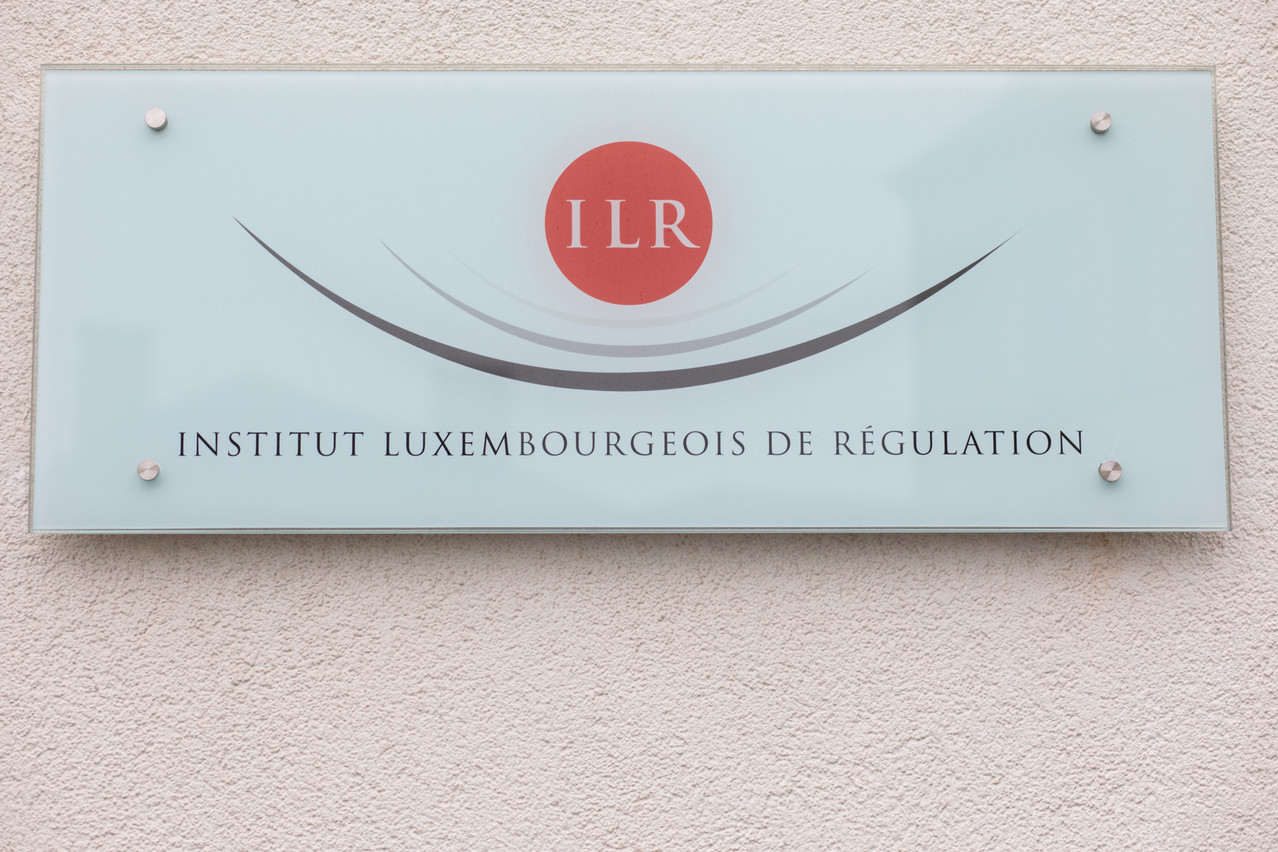Since its inception in 2011, the institute () has recorded an average of 100 mediation requests annually. This year, 80 new mediation requests have been received by the ILR, more than half of the 134 mediation requests received . It is expected that the annual figures for 2021 will confirm the upward trend.
The mediation procedure encourages dialogue between opposing parties in a bid to find an amiable resolution for both sides and has been successful in most cases. “The fact that the majority of disputes result in an agreement between the parties reassures the ILR in its role as mediator and underlines the importance of this dispute resolution mechanism,” said the institute in a press release.
The out-of-court dispute resolution system was introduced in 2011 for e-services and energy and was extended in 2014 to include postal services, which have so far recorded the most claims this year.
Charged with overseeing regulatory matters in electronic communications, electricity, natural gas, postal services, transport and radio frequencies, the ILR has mostly received complaints to do with e-communications services. This was the case for the 1,000th mediation request, which regarded a terminated subscription that was still being billed to the customer.
Common causes of disputes
Most of the issues in the energy sector relate to metering and billing, especially the incorrect reading of meters.
Clients of mobile and fixed telecommunication services often complain about premium services, especially SMS messaging offers, which are more expensive and billed to the client at the end of the month: other examples include games, competitions, ringtones, horoscopes, weather, etc. To avoid being billed for these offers, which can be automatic subscriptions carried out just by entering your mobile phone number on the service provider’s website, the ILR advises to not enter your phone number on websites that aren’t trusted. For other premium services related to calls, it notes that consumers must be informed at the beginning of the call if it is a premium rate number.
Fixed internet disputes relate to installation costs and poor quality of the service provided, owing mostly to subscriptions with a certain quality speed that cannot be provided at home by service providers for technical reasons. Such reasons would be inadequate infrastructure or inappropriate internal wiring, of which most tenants are often unaware prior to the installation.
